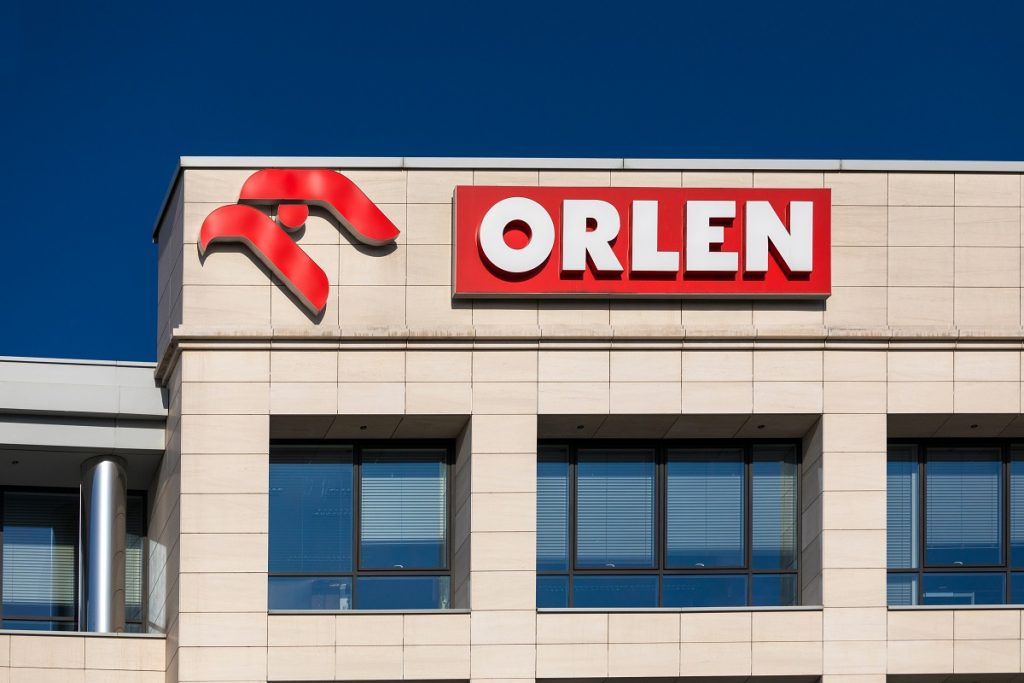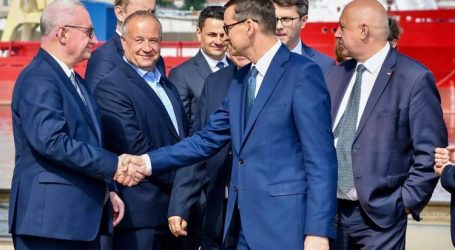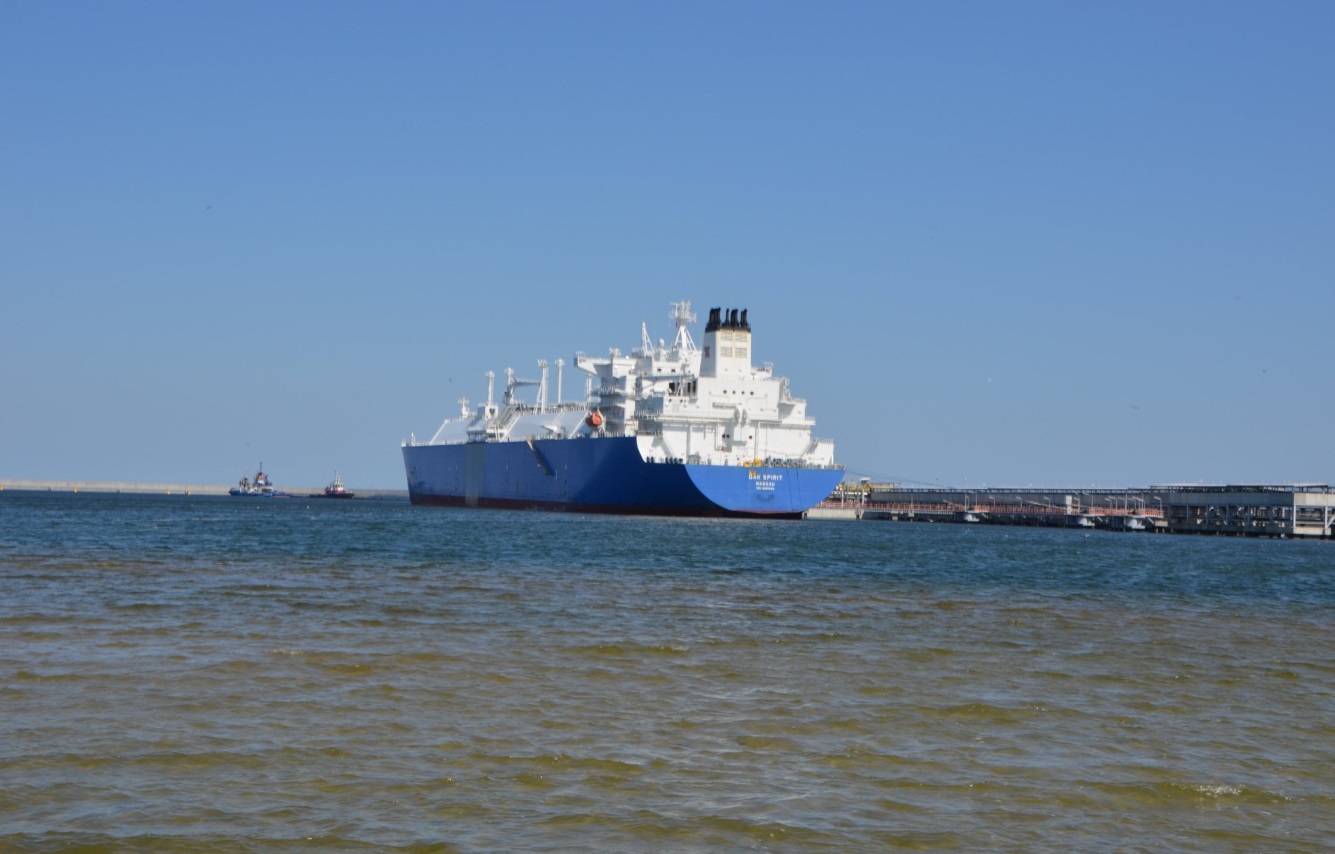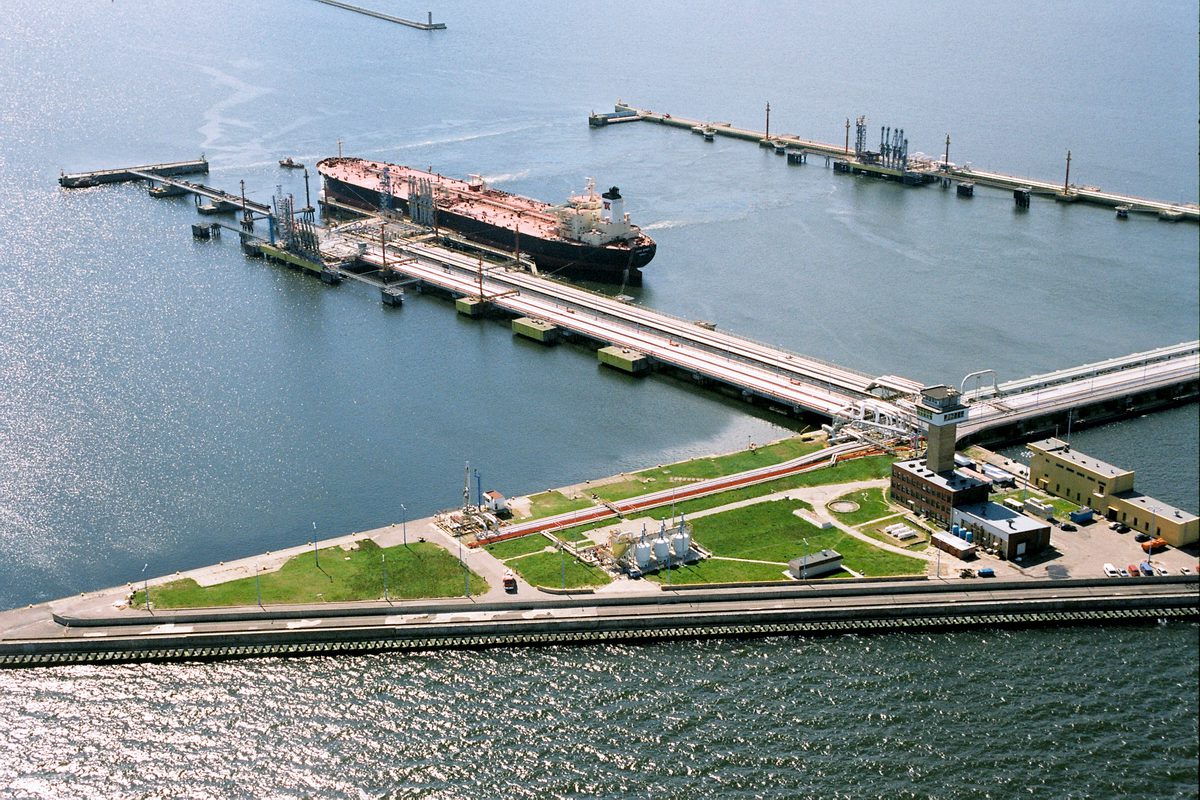ORLEN: EU funding secured for CO2 transshipment terminal
The marine terminal for the transshipment of carbon dioxide, a joint venture between ORLEN, Lafarge Cement S.A. and Air Liquide Poland, has received a European Commission grant for the preparation of project design documentation and supply chain feasibility studies. The construction of the terminal aligns with the Group’s strategic goals of reducing its own CO2 emissions and facilitating the provision of carbon management services to companies relying on CO2 capture and sequestration as the primary technology for emission reduction. Between 2027 and 2030, ORLEN aims to have the capacity to utilise or sequester 3 million tonnes of CO2 per year.
The proposed CO2 terminal is part of the ‘PL-EU Interconnector’ initiative included in the list of Projects of Common Interest (PCI), which encompasses projects crucial to the implementation of the EU energy and climate policy. The project aims to complete engineering and transport studies essential for the construction of a multi-modal carbon dioxide terminal in Gdańsk. Awarded under the Connecting Europe Facility (CEF Energy PCI ‘Studies’), the EUR 2.54m grant will fund the preparation of design documentation, including the front-end engineering design (FEED) for the marine terminal.
The construction of the terminal will be executed in two phases, with the initial phase aimed at achieving a capacity of 3 million tonnes of CO2 per year for the facility. Approximately 1 million tonnes of CO2 capacity will be allocated to ORLEN for the sequestration of carbon dioxide from its Płock plant, another 1 million tonnes to Lafarge Cement S.A., and the remaining 1 million tonnes or so will be offered as a commercial service to industries facing limited opportunities to reduce their carbon footprint due to technological constraints, particularly the steel and cement sectors.
The proposed project site is Gdańsk. According to the plans, carbon dioxide will be transported to the facility from industrial plants located in the central and northern parts of the country. Subsequently, it will be loaded onto ships for transportation to sequestration destinations beneath the seabed. Initially, the transportation of carbon dioxide to the terminal will be conducted by rail, with the long-term solution being the construction of a dedicated CO2 transmission pipeline.
In January 2023, ORLEN’s partner, Lafarge Cement S.A., entered into an agreement to secure funding for the Kujawy Go4ECOPlanet project under the Innovation Fund scheme. The project envisages the launch of a CO2 capture installation at the Kujawy Cement Plant in 2027, facilitating a full elimination of the carbon footprint from the clinker burning process.
The construction of the CO2 marine terminal is the first project of its kind in Poland and stands as one of the pioneers in the region. The project will position the ORLEN Group as a leader in carbon management services, contributing to the Group’s goal of achieving carbon neutrality by 2050. The project will play a pivotal role in advancing the infrastructure for CO2 transport in Central Europe.
In September of this year, ORLEN, along with its partners Lafarge Cement S.A. and Air Liquide Poland, in collaboration with ORLEN Lietuva, earned a spot on the new PCI/PMI project list for the ECO2CEE project (a continuation of the ‘EU CCS Interconnector’ project). This achievement positions the project to seek a grant for funding the terminal construction works under the CEF Energy PCI ‘Works’ programme in 2024–2025.
Source: Orlen




